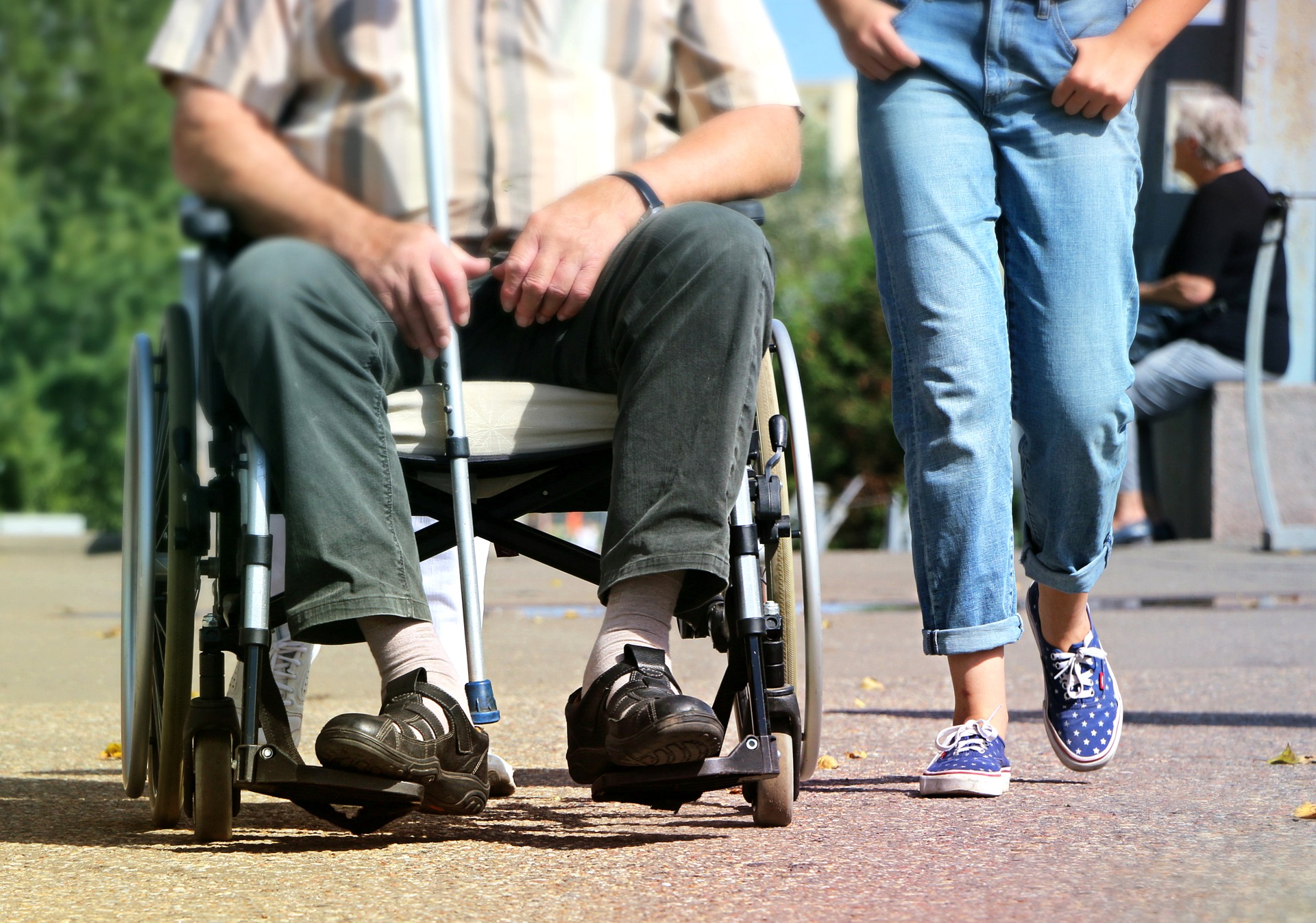Estimates put the number of people intensively providing care for others in Barcelona at 355,000. Care work is an essential activity which is often undervalued. Carers, relatives, professionals and anybody else providing care for others will now be able to apply for the Carer Card.
The Carer Card is a pioneering initiative in the city which has been designed with input from organisations, professionals and relatives. It is intended to help carers in Barcelona, through resources and services to facilitate and recognise their work.
The Carer Card is free and can be applied for as from 29 September on the website barcelona.cat/ciutatcuidadora, in person at the Espai Barcelona Cuida (C/ Viladomat, 127) or at any Vila Veïna office. A helpline (934 132 121) has also been set up for carers to resolve any queries relating to applications for the card.
Advice, support, leisure and much more with the Carer Card
The new Carer Card includes up to 14 free services and measures
- ‘Infocures’ information channel. Cardholders will receive information of particular interest to them, such as news relating to care, an activity agenda, information capsules and information on physical, cultural and leisure activities.
- Special advice for carers. The service will include personalised guidance and advice to resolve everyday doubts and concerns in the care process, through Espai Barcelona Cuida.
- BCN network of carer support and meeting points. This offers information on groups, meeting spaces and activities of interest to users.
- 24-hour emotional support by phone. All cardholders will have access to the number 936 420 124, staffed by people supervised by a psychology professional.
- Psychological support by phone. Domestic and care workers will have access to a psychological treatment and support line on 900 505 805 seven days a week, from 6 am to midnight, staffed by psychology professionals.
- Legal support for contracting carers. Espai Barcelona Cuida will offer specialised information and support for relatives and workers during the process to formalise work contracts with domestic workers. This measure is intended to combat labour precariousness, poverty segmentation and feminisation and other phenomena.
- ‘Jo t’acompanyo’. A specific guidance, support and listening service for carers, mainly to provide support in the early stages of care.
- ‘Pren-te un descans’. Services for specialised organisations so that carers can get time out, leisure and rest.
- Healthcare. The Hospital de la Santa Creu i Sant Pau de Barcelona will be taking part in the initiative by facilitating services to enhance support for the carer experience on their premises. The idea is to gradually roll this service out around the rest of the city’s hospitals.
- Pharmacies. Starting in the neighbourhoods of La Marina and Trinitat Vella, the programme will offer a free personal dosage system for medication in the case of elderly carers.
- Libraries. Two libraries in the municipal network, the Jaume Fuster and the library in Vilapicina i la Torre Llobeta, will be offering personalised support, such as free access to the book loan service or information on the existing collection of books and audio-visuals relating to care. This should also be gradually rolled out citywide.
- Markets. Users will receive information about the online sales and home delivery service, as well as accessibility at the nearest markets. The city’s 39 municipal markets will also be arranging off-peak shopping hours on Wednesday mornings for carers to do the shopping at stress-free times and even take the people they care for with them.
- Sports. Advantageous access to municipal sports facilities for carers, plus specific outdoor activities for their well-being.
- Mobility. Possibility of 10-minute transition stops to assist overburdened carers in getting the people they care for on and off transport, into their homes or to specialised services.







